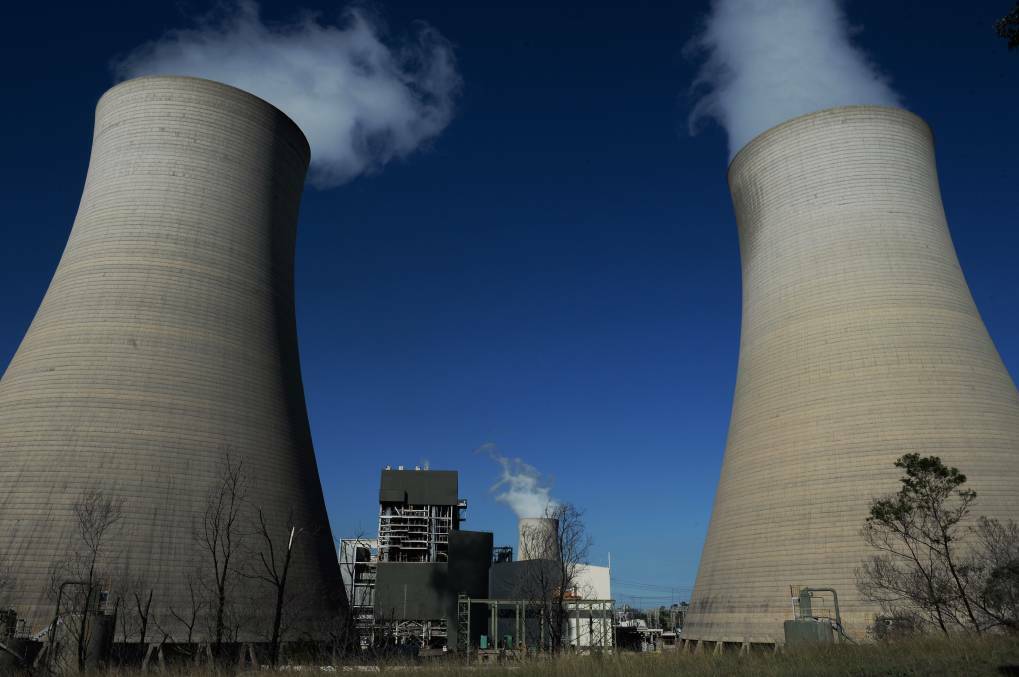
AGL's Bayswater power station could close as early as 2030 due to unrelenting pressure to reduce emissions combined with the rise of renewables in the energy grid.
Subscribe now for unlimited access.
$0/
(min cost $0)
or signup to continue reading
The 2640 megawatt generator was initially slated to close in 2035, however, AGL said on Thursday, February 10, that it now estimated Bayswater would close between 2030 and 2033.
The company later confirmed the power station closure could be revised forward again if it became unviable to operate the plant due to increased amounts of renewable energy entering the grid.
The company, which has just completed a $152 million upgrade of the plant, had previously said it would close the plant in 2035.
AGL also announced Victoria's coal-fired Loy Yang power station will also close three years earlier than expected as part of an update on the company's demerger plan on Thursday.
The company plans to split into two listed entities - energy retailer AGL Australia and electricity generator Accel Energy - by June 30.
The two entities have now been assigned emissions reductions targets, putting them on course to reach net zero in coming decades.
Under the climate goals, Accel Energy will bring forward its coal closure date for Loy Yang A and Bayswater.
"As a result, emissions from Accel Energy's electricity generation assets will be reduced by a further 90 million tonnes over the period financial year 2023 to financial year 2050 compared to modelled outcomes of our previous commitments," AGL said.
AGL chief operating officer Markus Brokhof said while the company believed the new window for Bayswater's closure was realistic, it was possible this could be brought forward again due to the rapid growth of renewable generation across Australia.
- CONTINUED P3


